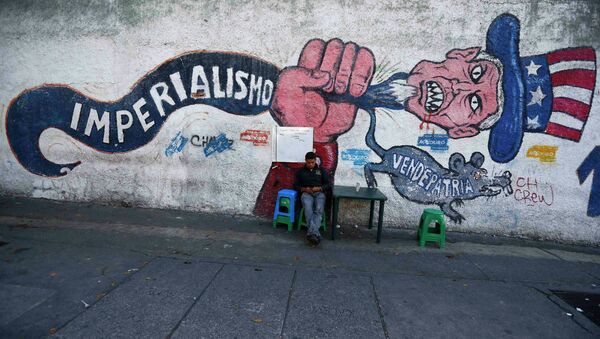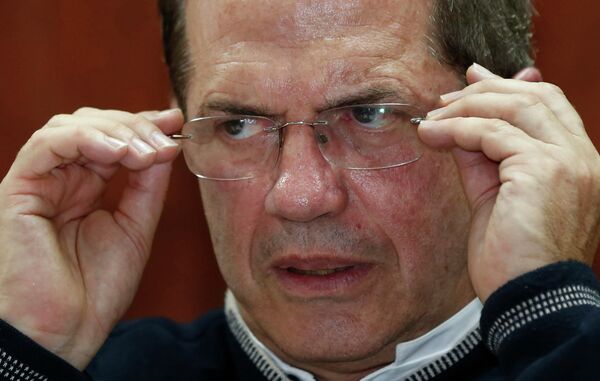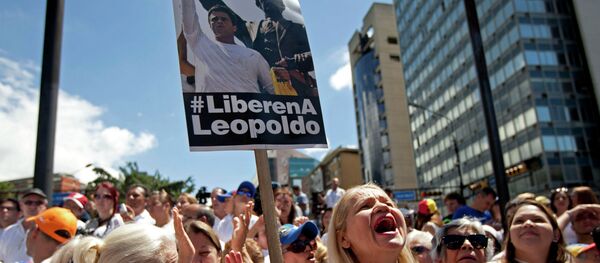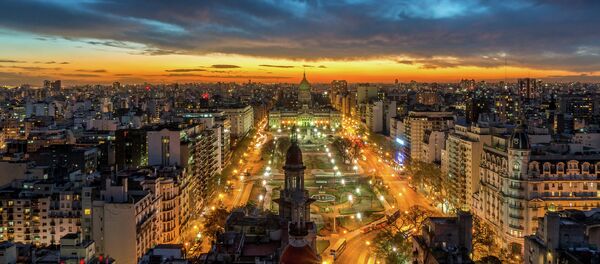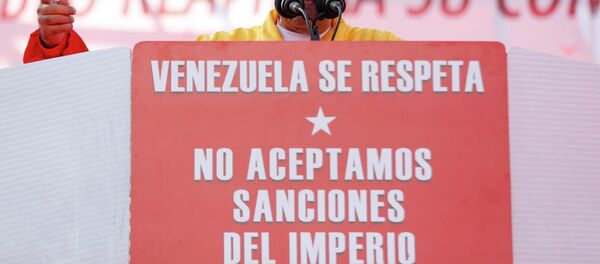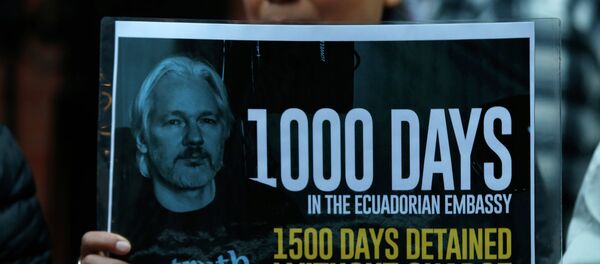Citing unrest in Venezuela, Obama issued an executive order on March 9 declaring that country to be national security threat and announcing sanctions against seven officials, marking a high point in tensions between the two countries since President Nicolas Maduro took office two years ago following the death of Hugo Chavez.
The response from Maduro and other Latin American leaders was swift and, for the most part, unified in vocal opposition to the move by the US.
Even Raul Castro of Cuba — whose country is in the midst of a historic normalization of relations with the US — criticized the order, denouncing "the violation of sovereignty or the damage of peace with impunity in the region."
The twelve-country Union of South American Nations (UNASUR) condemned Obama’s executive order as well, calling for its retraction.
Shortly afterward, leaders of the member states of the Bolivarian Alliance for the Peoples of Our America (ALBA) met in Caracas, and drafted a formal response to the executive order, firmly rejecting it as a "threat of interference that runs counter to the principle of sovereignty and the principle of non-intervention in the internal affairs of states."
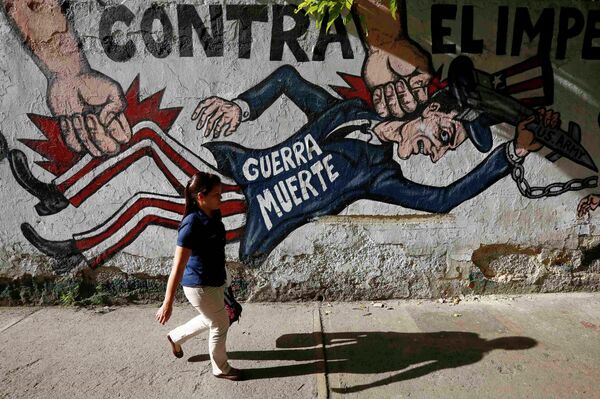
Patiño, in his turn, called Obama’s order "a decree that in no way favors good relations between countries on the same continent."
Sputnik: What came of the ALBA summit?
Patiño: “In that meeting, we couldn't even conceive of, much less tolerate, the idea that Venezuela is a threat to the US. Where is the threat? There isn't the slightest possibility of being a threat.
“They're a trade partner of the US, they sell them oil every day, there are all sorts of relations — commercial, tourist — between the two countries. That's why the order doesn't make the least bit of sense, doesn't have the least basis.
“The Venezuelan revolution isn't going to come to an end through external meddling. And it's not their place to put an end to the Bolivarian revolution, but to respect each country.”
Sputnik: How do you respond to those that say that Latin American leaders are overreacting, talking about invasion and conspiracy, when it's just formal language to impose limited sanctions?
Patiño: "When a government says something, when the president signs something, when he uses 'I', 'I, the President of the United States, Barack Obama', you can't say it's just a formality. Just to take measures.
"Because, if I consider you a threat to me, I must act to stop that threat…That's why the terms he uses are so serious."
Sputnik: White House spokesperson Jen Psaki recently called accusations of conspiracies leveled by Nicolas Maduro against the US "ludicrous" and cited a "long-standing policy" of not backing coups or other non-democratic transitions of power. How do you respond?
"But in the 20th century: The Dominican Republic, Grenada, Panama, Chile. Not just military interventions, but we're talking about dictatorships, imposed by political powers in the United States. Chile, Argentina, Uruguay.
"In our country, in Ecuador, in 1963: We had a lovely tradition of democracy, economic progress and, as a result of CIA actions, a dictatorship broke that democracy to pieces… It's a shame, but the US longstanding tradition is one of intervening, invading, abusing and producing dictatorships in our region.
"If there is a threat on this continent, it is the United States. They're the only one that can be considered to be such from historical experience. They are a threat to our countries. And, despite that, we still believe they can change, someday, we know it's difficult."

